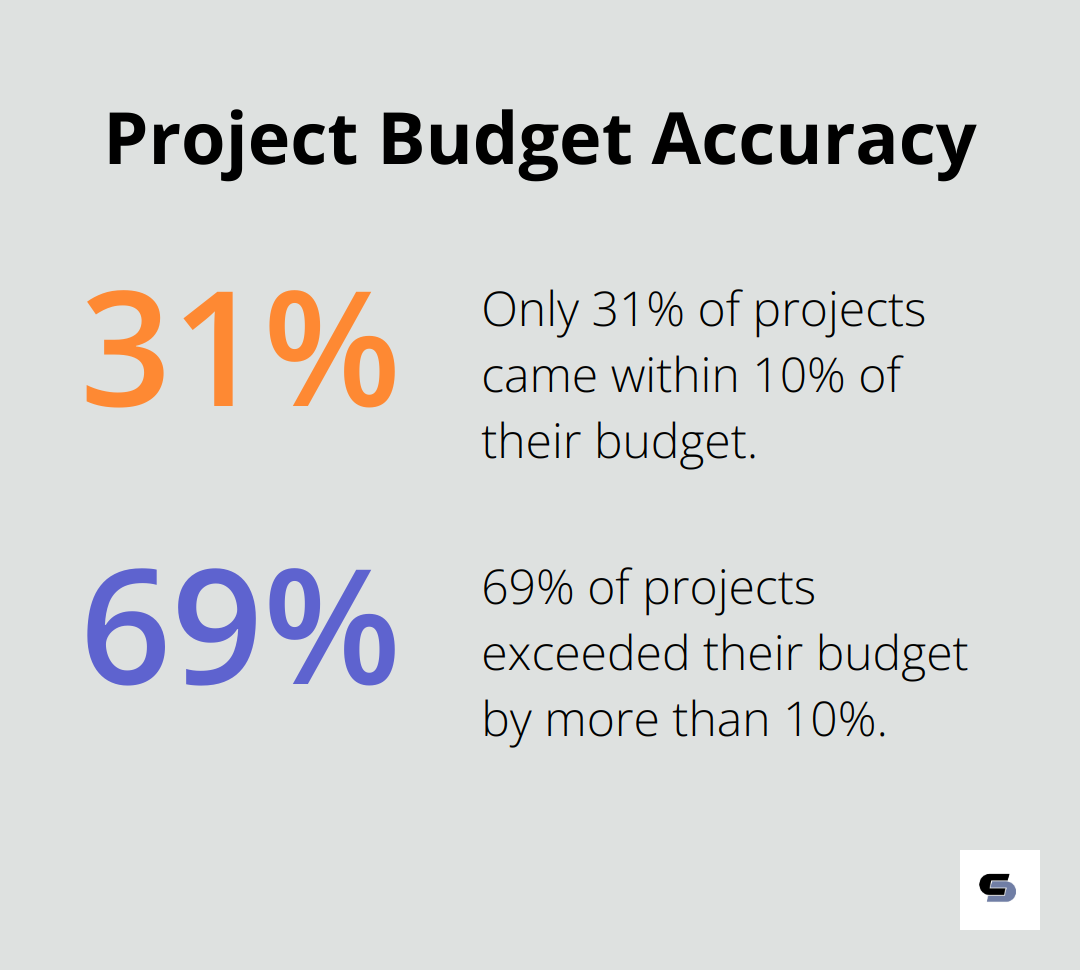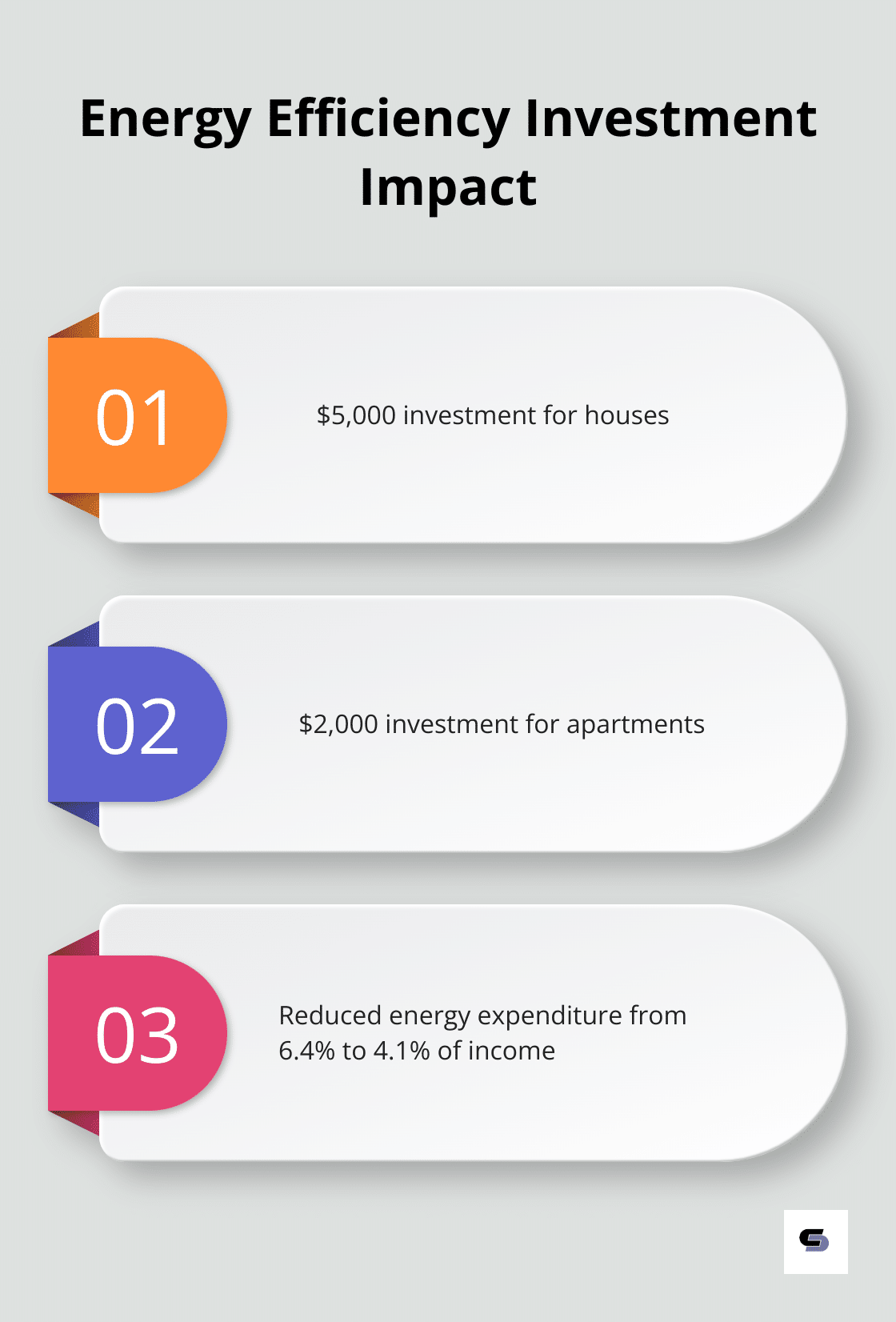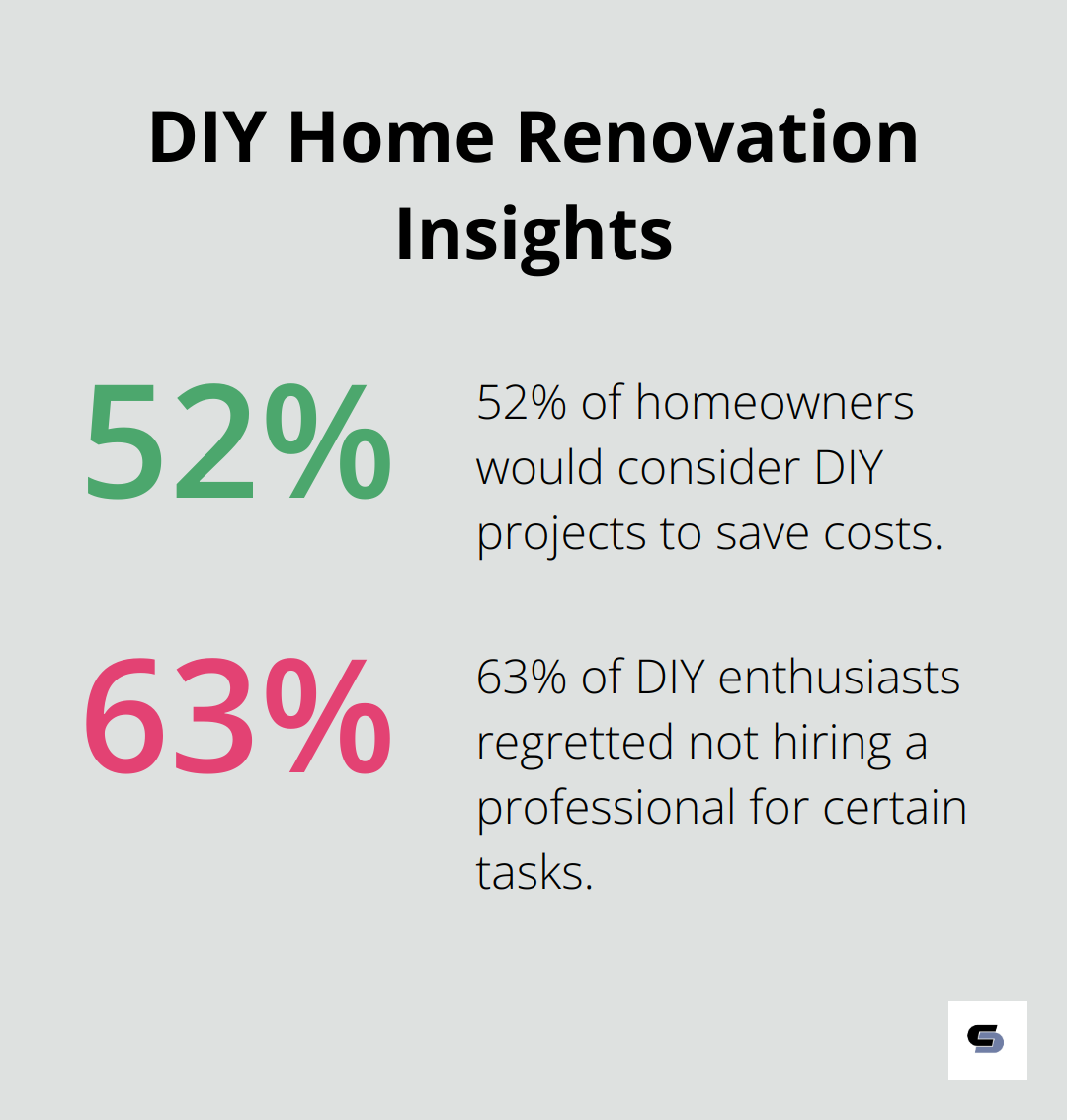How to Save Money on Home Renovations
Home renovations can be exciting, but they often come with a hefty price tag. At Cameron Construction, we understand the importance of staying within budget while achieving your dream home.
In this post, we’ll share practical strategies on how to save money on home renovations without compromising quality. From smart planning to cost-cutting techniques, you’ll discover valuable tips to make your renovation project more affordable.
How to Plan Your Renovation Project
Create a Detailed Budget
Planning forms the foundation of a successful and cost-effective home renovation. A well-crafted budget can save homeowners thousands of dollars. Start by setting a realistic budget for your renovation. Nine out of ten projects experience cost overrun, and in a three-year study, only 31% of all projects came within 10% of their budget. To avoid this pitfall, list all expected expenses, including materials, labor, permits, and a contingency fund of 10-20% for unexpected costs.

Prioritize your needs next. Focus on essential renovations that align with your long-term goals. If you plan to sell in the near future, concentrate on projects with high return on investment (ROI).
Research and Compare Prices
Don’t settle for the first quote you receive. Obtain at least three quotes for each aspect of your renovation. This approach can lead to significant savings. Use online platforms to compare prices of materials and labor. The cheapest option isn’t always the best – balance cost with quality and reputation.
For materials, consider alternatives that mimic expensive options. Laminate flooring can provide the look of hardwood at a fraction of the cost. Keep an eye out for sales and clearance items.
Consider Long-Term Value
Think beyond immediate costs when planning your renovation. Energy-efficient upgrades might have higher upfront costs but can lead to substantial savings over time. A $5,000 investment in energy efficiency for houses and $2,000 for apartments reduced energy expenditure as a percentage share of income from 6.4% to 4.1%.

Also, consider the potential increase in your home’s value. While a pool might seem appealing, it often doesn’t add significant value to your property. On the other hand, a kitchen or bathroom renovation typically offers a high ROI.
Seek Professional Advice
While DIY can save money, some projects require professional expertise. Consult with experts (like those at Cameron Construction) for complex renovations. Their experience can help you avoid costly mistakes and ensure your project complies with local building codes.
Professional advice can also help you make informed decisions about materials and design choices that balance cost and quality. This expertise proves invaluable when you need to decide between various options (such as different types of flooring or kitchen countertops).
Now that you’ve learned how to plan your renovation project effectively, let’s explore the pros and cons of DIY versus hiring professionals for your home improvement endeavors.
DIY or Pro: Making the Right Choice for Your Renovation
Evaluate Your Skills Honestly
Before you start any home renovation project, take a realistic look at your abilities. Simple tasks like painting or installing new light fixtures often fall within the average homeowner’s skill set. However, more complex projects involving electrical work, plumbing, or structural changes demand specialized knowledge and experience.
A survey by Clever Real Estate revealed that 52% of homeowners would consider DIY projects to save costs. While this can lead to savings, it’s vital to recognize your limitations. Overestimating your abilities can result in costly mistakes that require professional intervention to fix.

Hidden Costs of DIY
DIY vs professional renovations in Sydney involve comparing the benefits, risks, and costs of each approach. DIY enthusiasts often focus on potential savings without considering hidden costs. Tools and equipment rental or purchase can quickly add up. For instance, a tile saw for a bathroom renovation can cost $50 to $100 per day to rent, or several hundred dollars to buy.
Time is another factor often overlooked. A professional might complete a job in days that could take you weeks or months (especially if you’re working around a full-time job). This extended timeline can lead to additional living expenses if you need to relocate during renovations.
When to Hire Professionals
Certain projects almost always require professional expertise. Electrical work, major plumbing changes, and structural modifications fall into this category. Not only do these tasks require specialized skills, but they also often need permits and inspections to ensure compliance with local building codes.
Many homeowners who attempted DIY projects regretted not hiring a professional for certain tasks. In fact, a study by ImproveNet found that 63% of DIY enthusiasts expressed this sentiment.
The Value of Professional Expertise
While hiring professionals might seem more expensive upfront, it often proves cost-effective in the long run. Professionals bring efficiency, quality workmanship, and warranties for their work. They also have access to trade discounts on materials, which can offset some of their labor costs.
Moreover, professional work typically adds more value to your home. A poorly executed DIY job can actually decrease your property’s value, while high-quality professional renovations can yield a significant return on investment.
Strike a Balance
The key is to find the right balance. Try tackling simpler, low-risk projects yourself while leaving complex tasks to the professionals. This approach allows you to save money where possible without compromising on quality or safety for critical aspects of your renovation.
Even if you choose to DIY, consulting with a professional can provide valuable insights. Many renovation companies offer consultation services that can help you plan your project effectively, potentially saving you from costly mistakes.
Now that you understand the pros and cons of DIY versus professional renovations, let’s explore smart ways to cut costs without compromising quality in your home improvement project.
Clever Cost-Cutting Strategies for Home Renovations
Embrace Alternative Materials
Home renovations don’t have to drain your bank account. You can slash costs without compromising quality by using alternative materials that mimic expensive options. Luxury vinyl plank flooring offers the look of hardwood at a fraction of the cost. Vinyl flooring ranges from $0.50 to $7 per square foot, while hardwood can cost between $4 to $25 per square foot.
Consider laminate countertops that resemble granite or quartz. These cost as little as $20 per square foot, compared to $40-$100 per square foot for natural stone. For backsplashes, porcelain tiles that look like marble can save you up to 80% compared to the real thing.
Hunt for Discounts and Recycled Materials
You can find significant savings through discounted or recycled building materials. Many cities have salvage yards or ReStore locations (run by Habitat for Humanity) where you’ll discover gently used or overstock building materials at steep discounts. These home improvement stores and donation centers sell new and gently used furniture, appliances, home goods, and building materials.
Watch for seasonal sales at big box stores. Many offer substantial discounts on appliances and materials during holiday weekends. Sign up for email newsletters from these stores to stay informed about upcoming sales.
Time Your Renovation Strategically
The timing of your renovation can significantly impact costs. Contractors often have more availability and may offer lower rates during their off-season (typically late fall through early spring). A study by HomeAdvisor showed that homeowners who scheduled their renovations during these months saved an average of 5-15% on labor costs.
You can also find better deals on materials during slower periods. Purchasing air conditioning units in winter or outdoor furniture in fall can result in savings of up to 20-30%.
Prioritize Quality and Safety
While cutting costs is important, it shouldn’t compromise quality or safety. Always prioritize durability and functionality in your choices to avoid costly repairs or replacements down the line. This approach ensures long-term value for your investment.
Seek Professional Advice
Professional guidance can help you make informed decisions about cost-effective materials and design choices. Experts can provide valuable insights on balancing cost and quality, ensuring you get the most value for your renovation budget.
Final Thoughts
Home renovations don’t have to drain your bank account. Smart strategies allow you to achieve your dream home while keeping costs in check. Careful planning, realistic budgeting, and thorough research form the foundation of a successful, cost-effective renovation project.
Alternative materials, discounts, and strategic timing can cut costs without compromising quality. The cheapest option isn’t always best long-term, so balance cost-cutting with quality to ensure lasting value. Our team at Cameron Construction specializes in high-quality renovations that align with your vision and budget.
Expert advice can guide you through the process of how to save money on home renovations. We can help you make informed decisions that maximize value while controlling costs. Start planning your budget-friendly renovation today and transform your living space without emptying your wallet.






